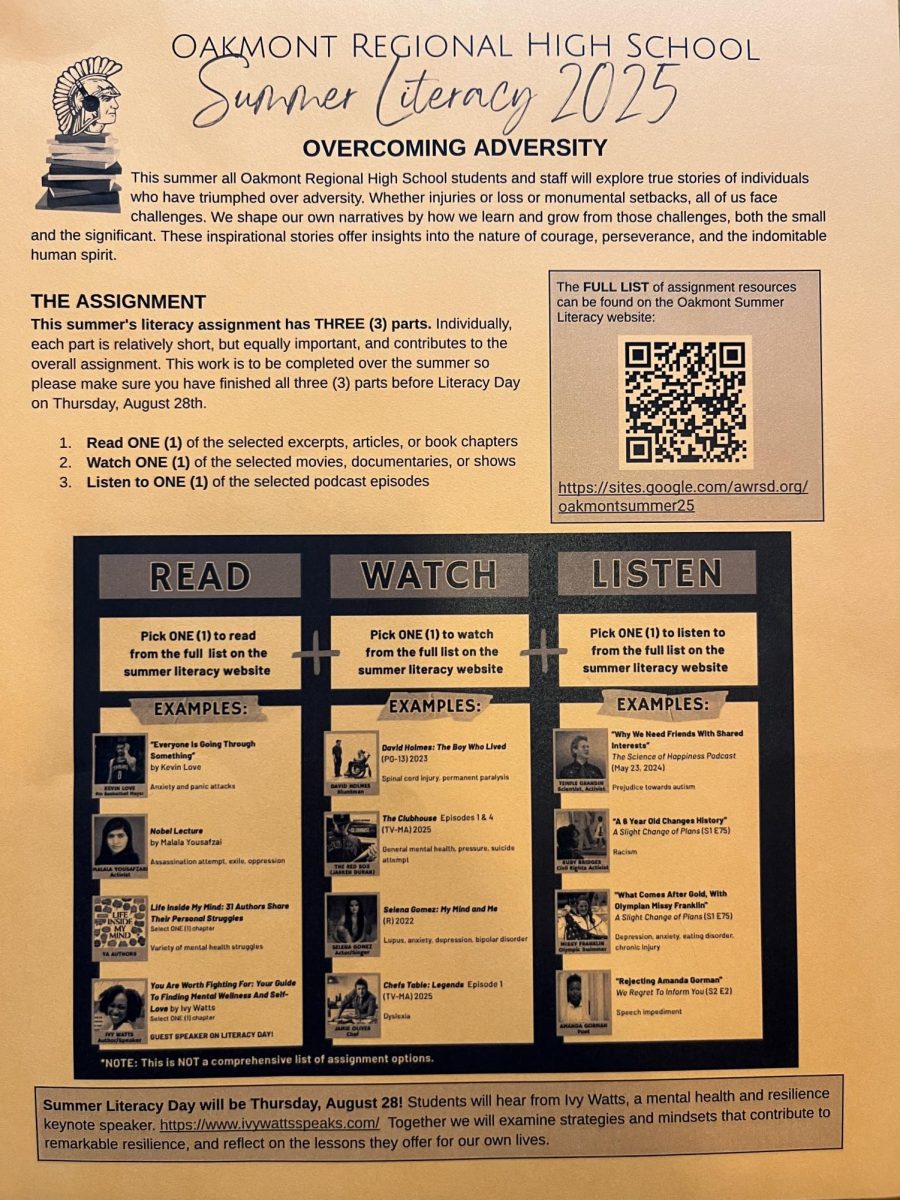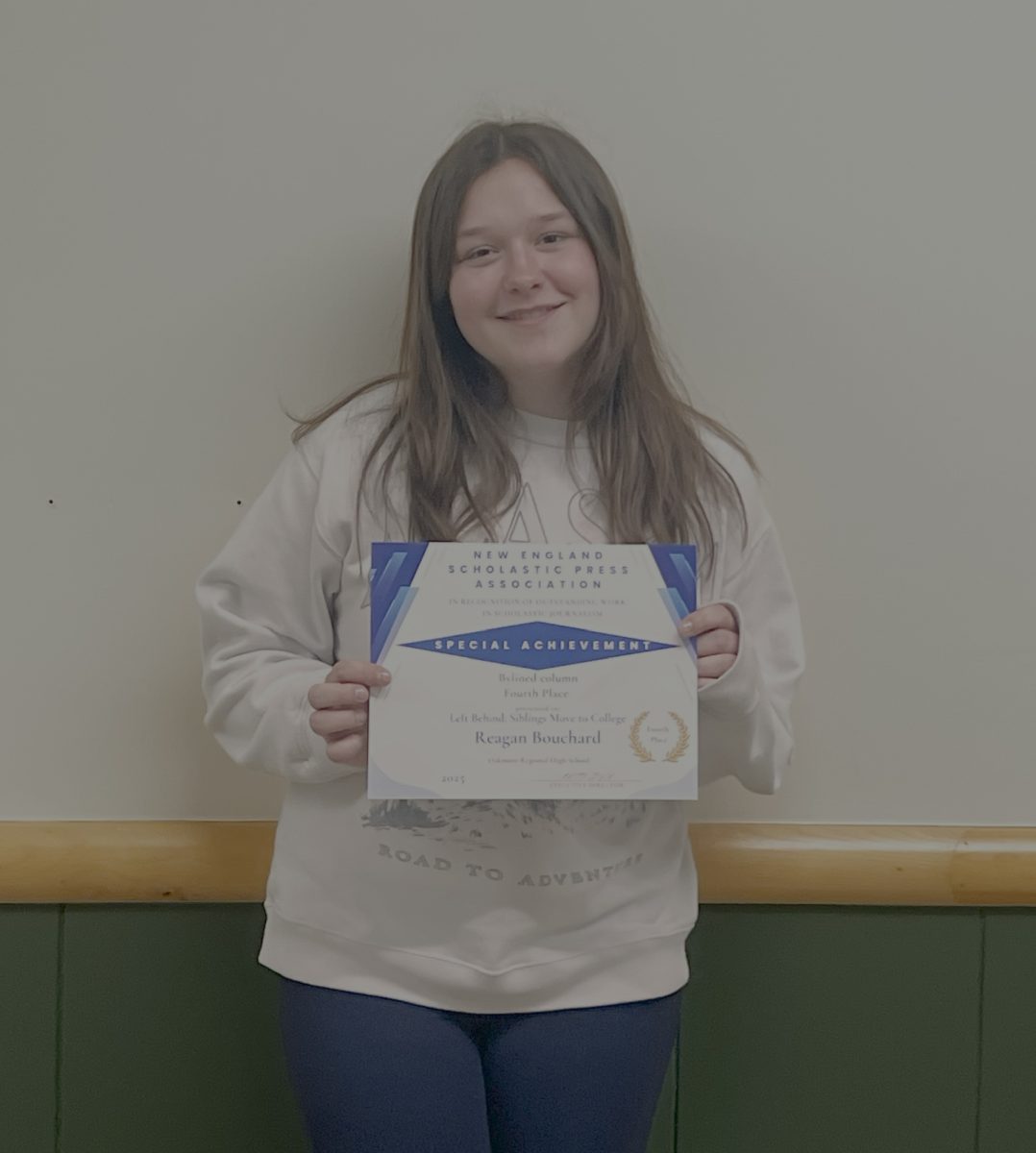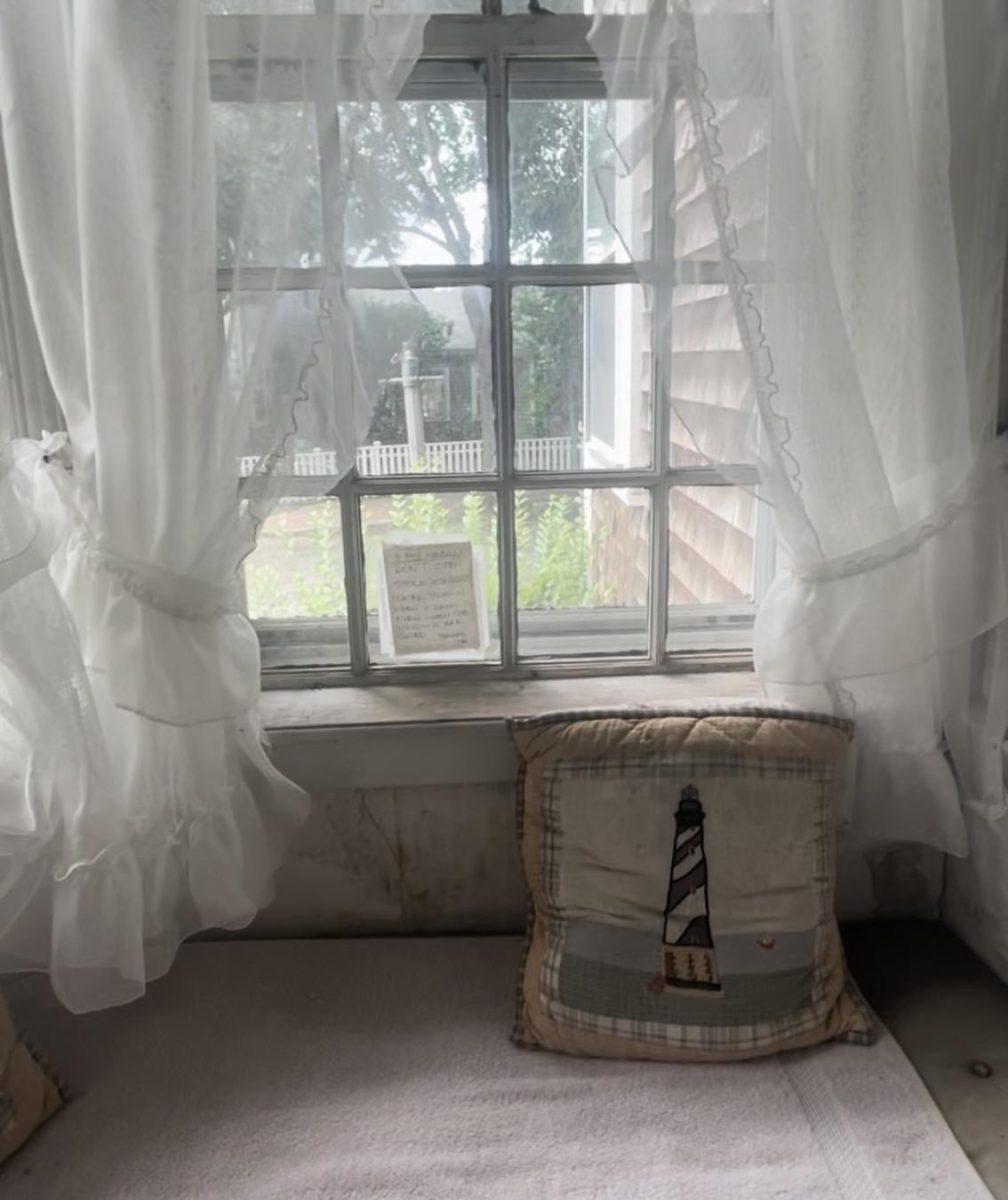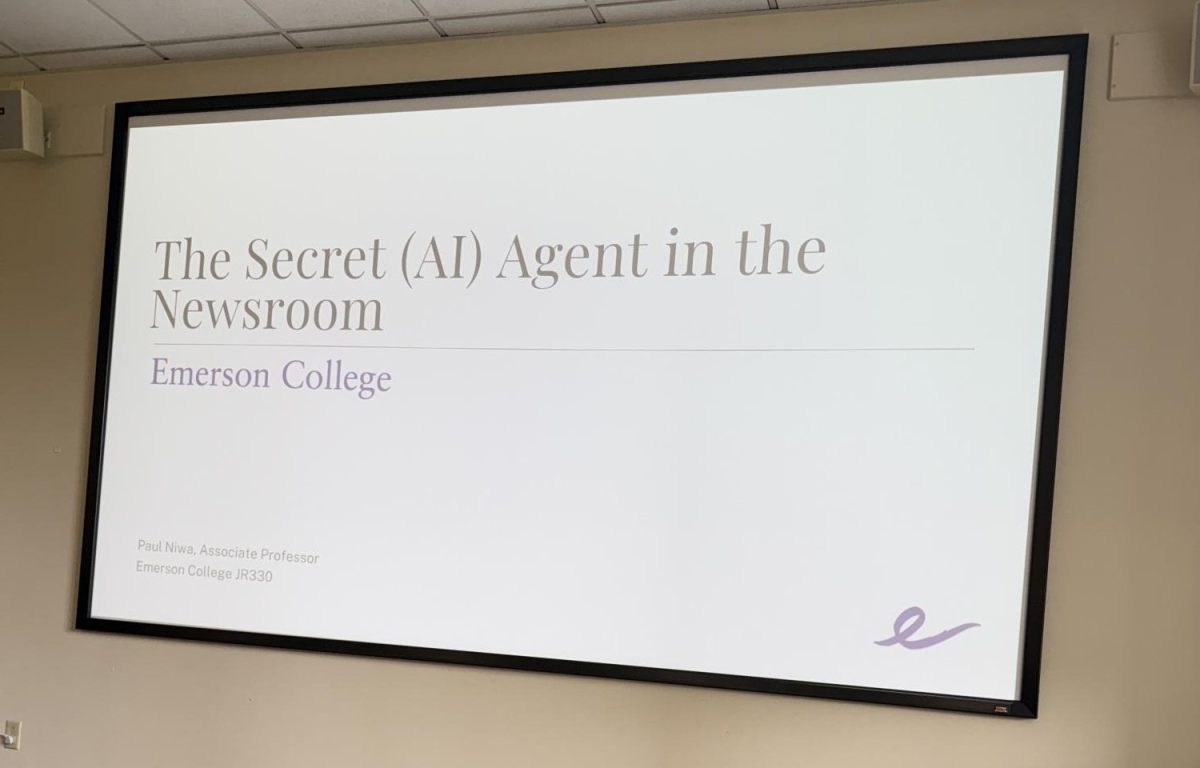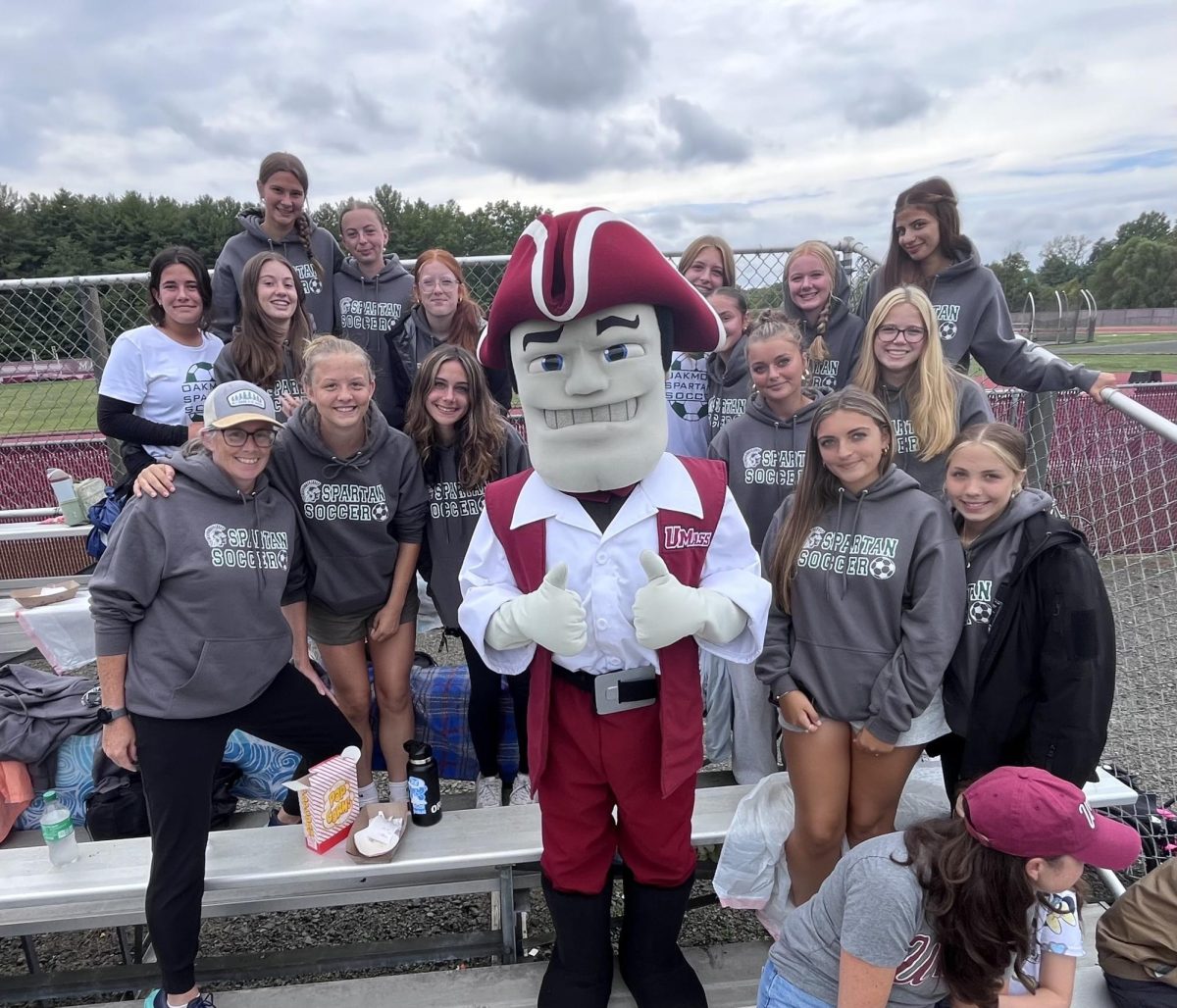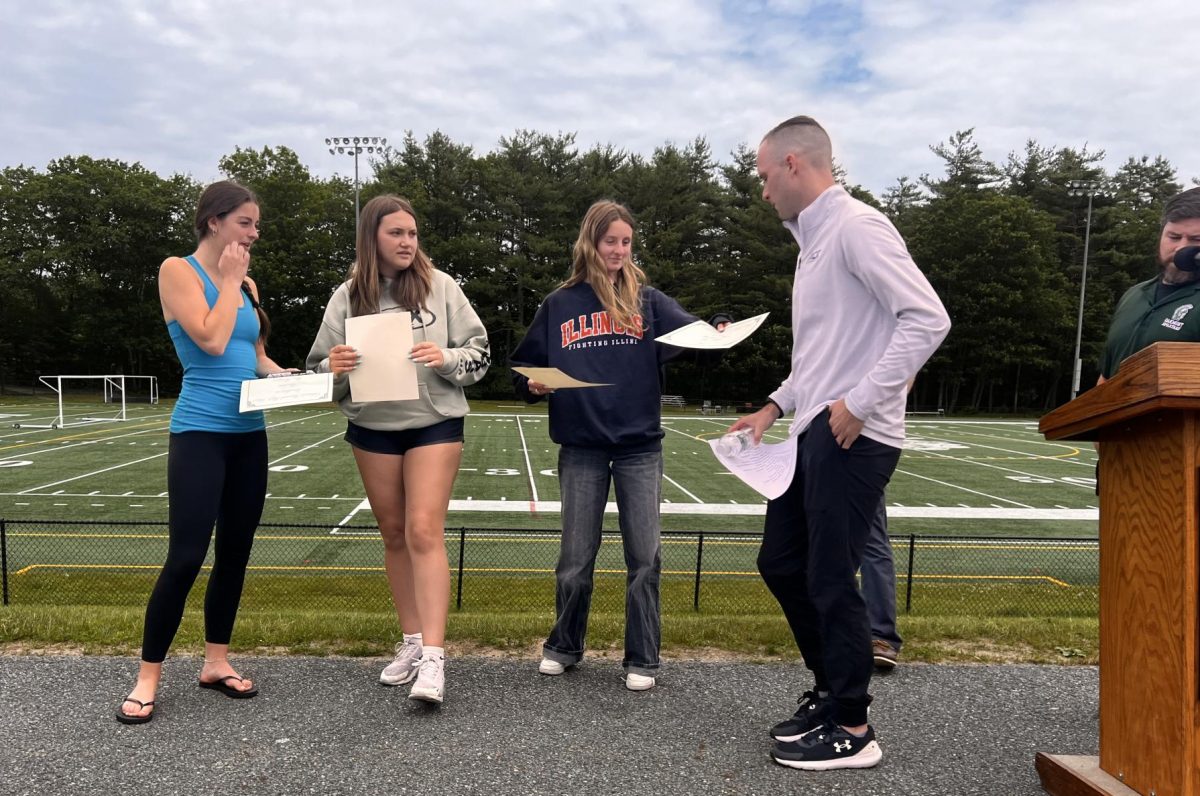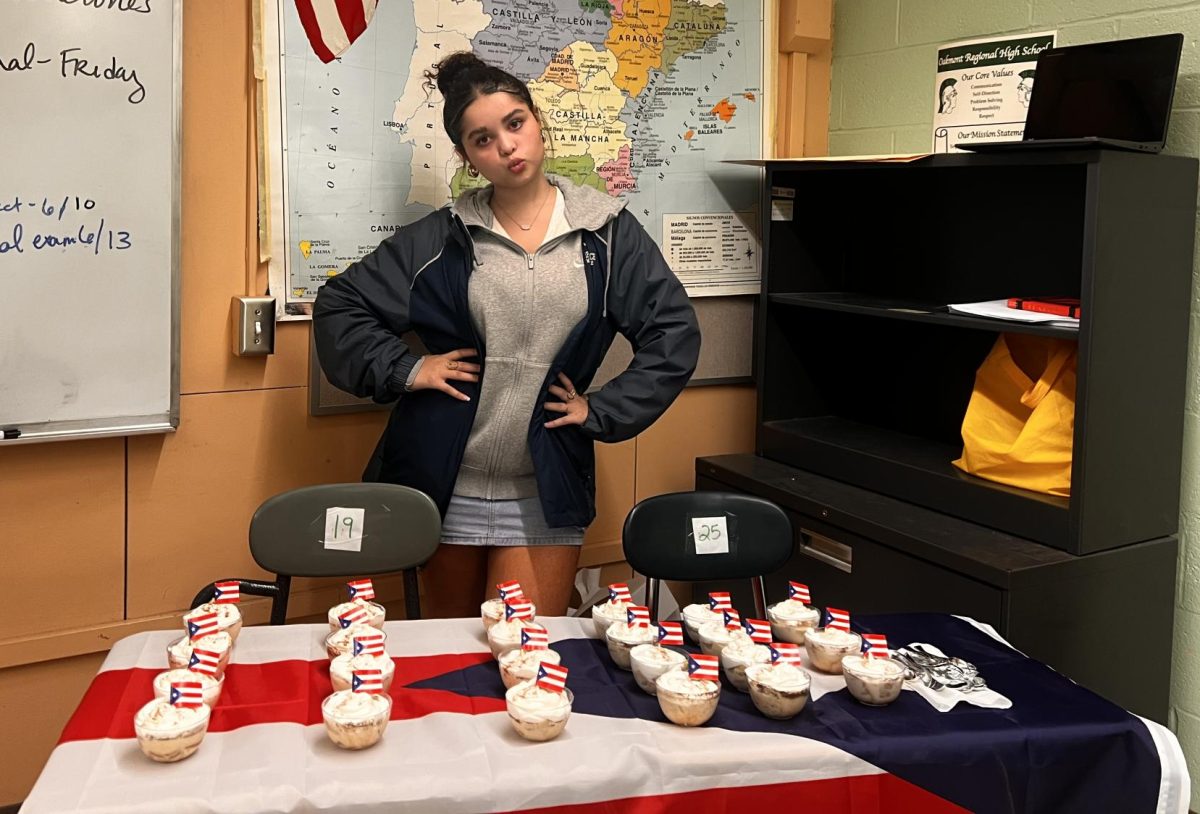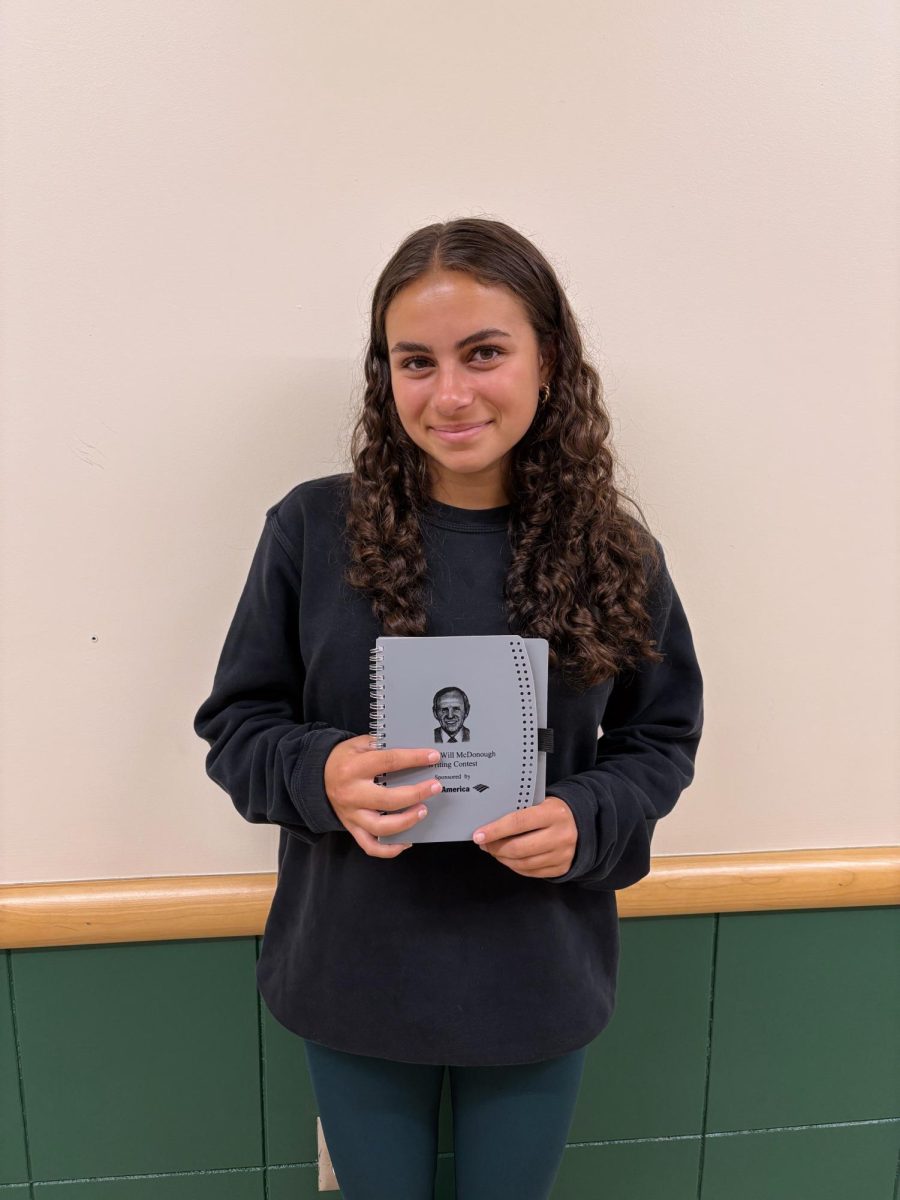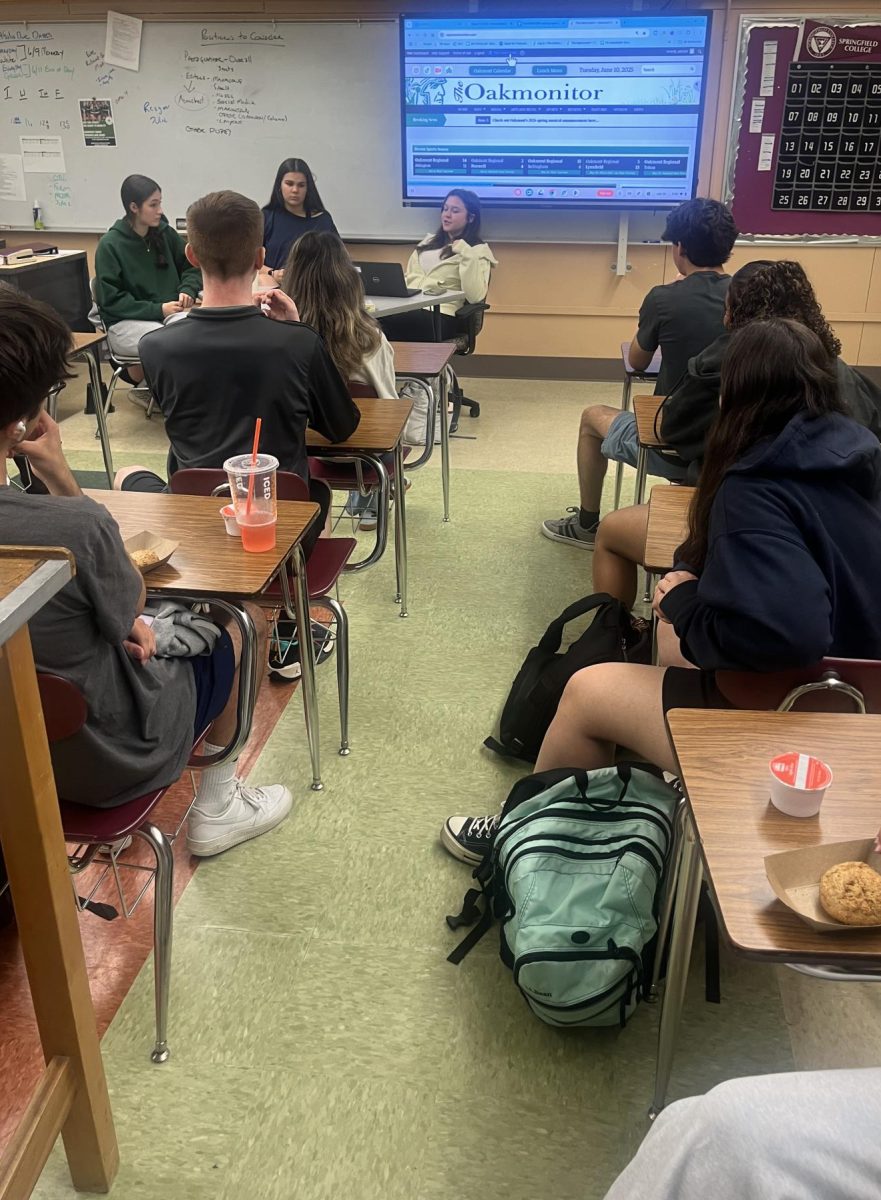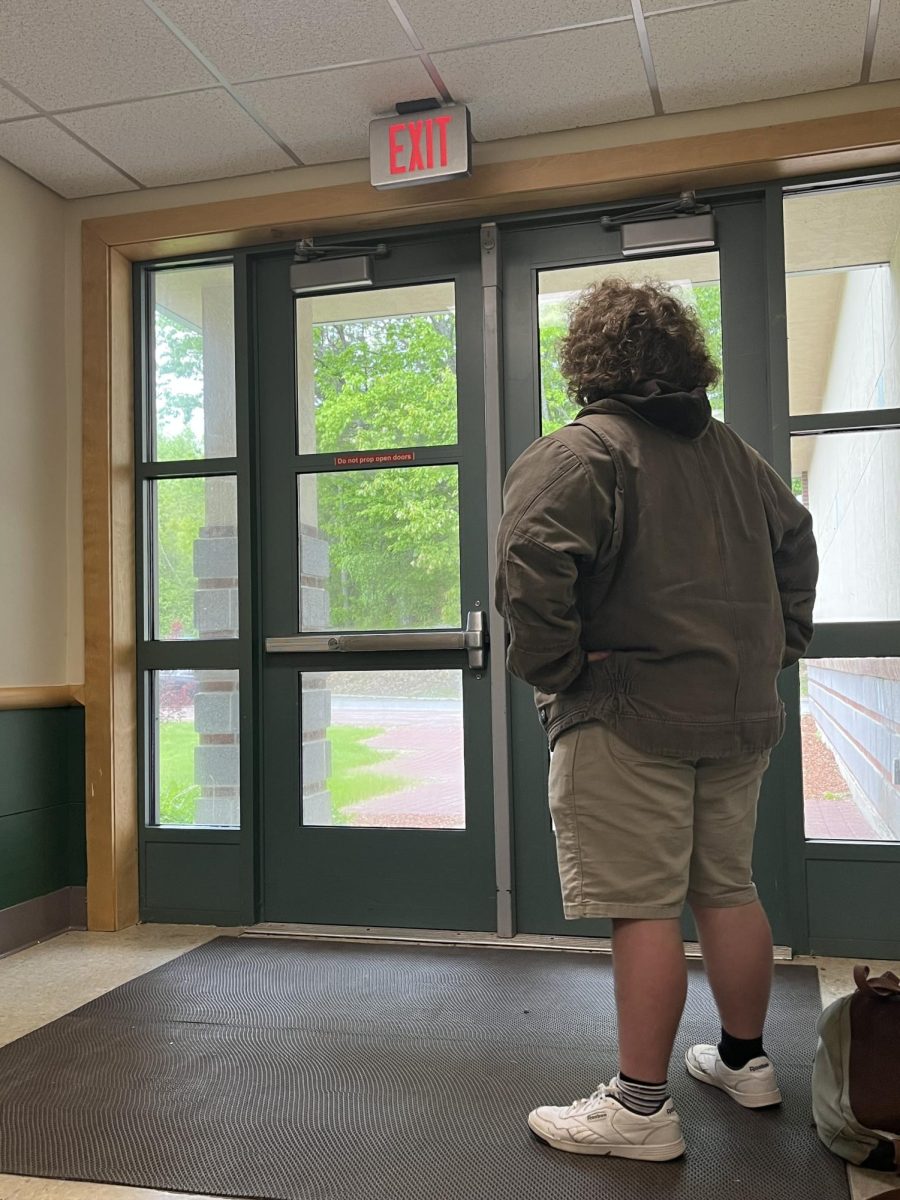The Oakmont Environmental Association has recently posted notices around the school about what you can and cannot recycle. They should be up in every teacher’s classroom, the cafeteria, four corners, and some of the stairways. It has been part of a well-thought-out campaign through the club to bring more awareness to the recycling aspect of what the club does around the school and to try to make their part in the recycling process much easier.
On these posters, some of the common things the club has seen in their recycling process is full cans of water, food wrappers, food crumbs, and other items that aren’t recyclable. They hope that with these posters, more attention will be put into what everybody around the school will throw in the trash or the recycling, and get more information out there about how exactly we can recycle and what happens if we don’t recycle properly.
But what might happen if we don’t recycle as we should? Well, all of that recyclable material you put in the trash will just be one of billions of disposed items thrown into a landfill each year. That weight keeps adding up over time as most plastics and other, harder materials don’t decompose as fast as paper and other materials, taking anywhere between 20 and 500 years to decompose. However, decompose is a very strong word in this circumstance, as plastic never fully decomposes, as we’ve all heard probably once in our life, plastic just keeps getting smaller and smaller. To hit even harder, 8.3 billion tons of plastic have been produced, 50% of which has been made within the past 13 years. Just take a second and imagine where we will be in the next 10 years with this statistic.
All over the world, people struggle to survive as their sources of food or water are covered in plastic and other waste that could be thrown in the recycling instead of the trash. Take the time to educate yourself and read the posters of what materials and items can be recycled or not, and how to properly recycle as a generality. Take this information home to your family and parents and siblings, and take it with you to college or as you move onward in life, to your job, your friends, anybody. Just one choice to recycle can save a life, whether animal or human.
Recycle, recycle, recycle.





